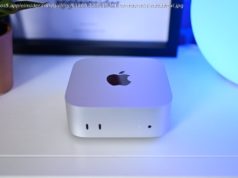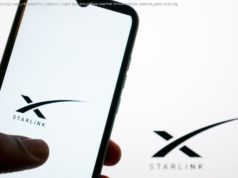The lawsuit comes on the heels of Musk’s August tweet saying he was ready to take Tesla private.
The US Securities and Exchange Commission is seeking to bar Elon Musk from serving as an executive or director of any publicly traded company.
The action is part of a lawsuit the agency filed against the Tesla CEO, after he tweeted to his 22 million followers that he was poised to take the company private.
« Musk knew or was reckless in not knowing that each of these statements was false and/or misleading because he did not have an adequate basis in fact for his assertions, » the SEC said in a complaint filed Thursday in US District Court in New York. « Musk’s false and misleading public statements and omissions caused significant confusion and disruption in the market for Tesla’s stock and resulting harm to investors. »
The SEC wants Musk « prohibited from acting as an officer or director of any issuer that has a class of securities registered pursuant to Section 12 of the Exchange Act. »
Shares of Tesla plunged more than 13 percent in after-hours trading Thursday.
« This unjustified action by the SEC leaves me deeply saddened and disappointed, » Musk said in a statement. « I have always taken action in the best interests of truth, transparency and investors. Integrity is the most important value in my life and the facts will show I never compromised this in any way. »
Reports started circulating as early as August that the SEC was looking into Musk’s August 7 tweets, when he said he had secured funding to take Tesla private at $420 a share. His tweet, saying « funding secured » surprised investors, analysts and even Tesla’s board of directors. After 18 days of blog posts from Tesla’s board and reported subpoenas, Musk backtracked on that statement, saying the electric-car company will remain public for the time being. On Sept. 18, Bloomberg reported Tesla was also under Justice Department investigation. Tesla confirmed that the Justice Department asked the company for documents and that it was complying with the request.
« We believe our actions have the most impact when they’re brought most closely in time to the events that bring them forth, » Steven Peikin, co-director of the SEC’s Enforcement Division, said when asked why the agency had acted so quickly.
The $420 price per share was calculated « based on a 20 percent premium over that day’s closing share price because he thought 20 percent was a ‘standard premium’ in going-private transactions, » the SEC alleges in its complaint. The complaint quotes Musk as saying « he rounded the price up [from $419] to $420 because he had recently learned about the number’s significance in marijuana culture and thought his girlfriend ‘would find it funny, which admittedly is not a great reason to pick a price.' » In popular culture, 420 refers to smoking pot in the afternoon.
The SEC alleges it feared Musk would continue to make problematic statements.
« Musk knew or was reckless in not knowing that his August 7 statements were false and misleading, » the SEC wrote in the complaint.
« Neither celebrity status nor a reputation as a technological innovator provide an exemption from the federal securities laws, » Stephanie Avakian, co-director of the SEC’s Enforcement Division, told reporters Thursday.
You can read the entire SEC court filing below.
Full SEC Complaint Against Elon Musk for alleged securities fraud by jonathan_skillings on Scribd
First published Sept. 27 at 1:30 p.m. PT. Update, 2:34 p.m.: Adds information from SEC press conference and Musk’s statement to Recode. Update: 3:05 p.m.: Adds more information from complaint. Update, 3:14 p.m.: Adds Musk’s statement to CNET.
Security: Stay up-to-date on the latest in breaches, hacks, fixes and all those cybersecurity issues that keep you up at night.
Blockchain Decoded: CNET looks at the tech powering bitcoin — and soon, too, a myriad services that will change your life.






